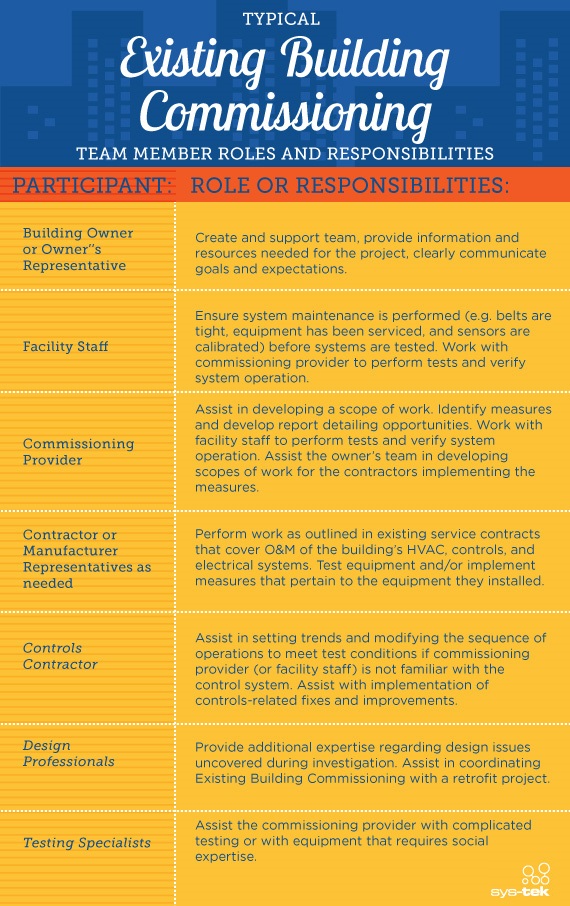Retro-Commissioning Saves Money By Reducing Energy Wastage
Jun 21, 2013
The need to conserve energy is a rising concern worldwide and especially in America, where much of the aging buildings and infrastructure waste enormous amounts of energy because of inefficient operating systems. The consequences that result from these come in several forms: health hazards, safety problems, occupant comfort issues and unnecessary financial costs.
On the other hand, buildings that operate highly efficient energy systems experience reduced operating costs, greater comfort levels and higher real estate values. In the past decade, scientists, architects, engineers and manufacturers have quantified the cost-saving benefits of energy efficiency and made practical recommendations to commercial building owners to implement efficient power saving strategies in their buildings. The leading strategy for already existing buildings is known as retro-commissioning.
What is Retro-Commissioning?
Retro-commissioning is a process through which a comprehensive whole-building assessment and optimization is applied to existing buildings to ensure that they are energy efficient and operating properly. It is often applied to existing buildings that were commissioned while still new, or used as part of a continuous assessment, monitoring and maintenance of the facilities of the building. The process involves complete documentation, training of operators on upholding long-term performance, inspection and testing of electrical, lighting, HVAC, plumbing, building envelope, and life-safety systems. Most retro-commissioning efforts are usually focused on energy-only benefits through plans that are similar to beefed-up audits of energy consumption.
Retro-Commissioning in Kansas City
Through retro-commissioning projects, many buildings in Kansas City are increasing their energy efficiency through the installation of equipment controls, use of automated systems and digital utility meters. The use of data loggers and hand-held instruments to establish trends and make periodic measurements helps in obtaining invaluable data when controls fail. Retro-commissioning ensures that every new building is energy efficient from the beginning and works properly for longer, and at reduced costs with fewer problems. In addition, existing buildings in Kansas City that were never commissioned when initially built can be re-tuned for energy efficiency.
Ideal Candidates for Retro-commissioning
Retro-commissioning is of greater value to larger buildings than smaller ones in terms of energy savings, billable hours and the expense of hiring retro-commissioners. Larger buildings can easily be fitted with serviceable automation systems that are operated through digital controls to ensure that improvements have lasting effects.
For example, the savings are more substantial when fixing air handlers or rooftop units on bigger rather than smaller buildings. This is why most retro-commissioning projects are focused on buildings 50,000 square feet and above. Reports have indicated that retro-commissioning projects that cost an average of $0.30 per square feet yield 16% energy savings while generating a payback of only 1.1 years.
Projects that are good candidates for outstanding energy savings through retro-commissioning include complex facilities like hospitals, libraries, multi-tenant buildings, data centers, and laboratories. Such projects usually have large air changes, quality facility staff and a complex amalgamation of components.
The retro-commissioning procedure is highly recommended for older buildings in order to ensure that they are operating properly without any hindrance resulting from energy waste. If you are looking for ways to conserve energy and reduce the costs of operating your facility, contact your local retro-commissioning provider today.







